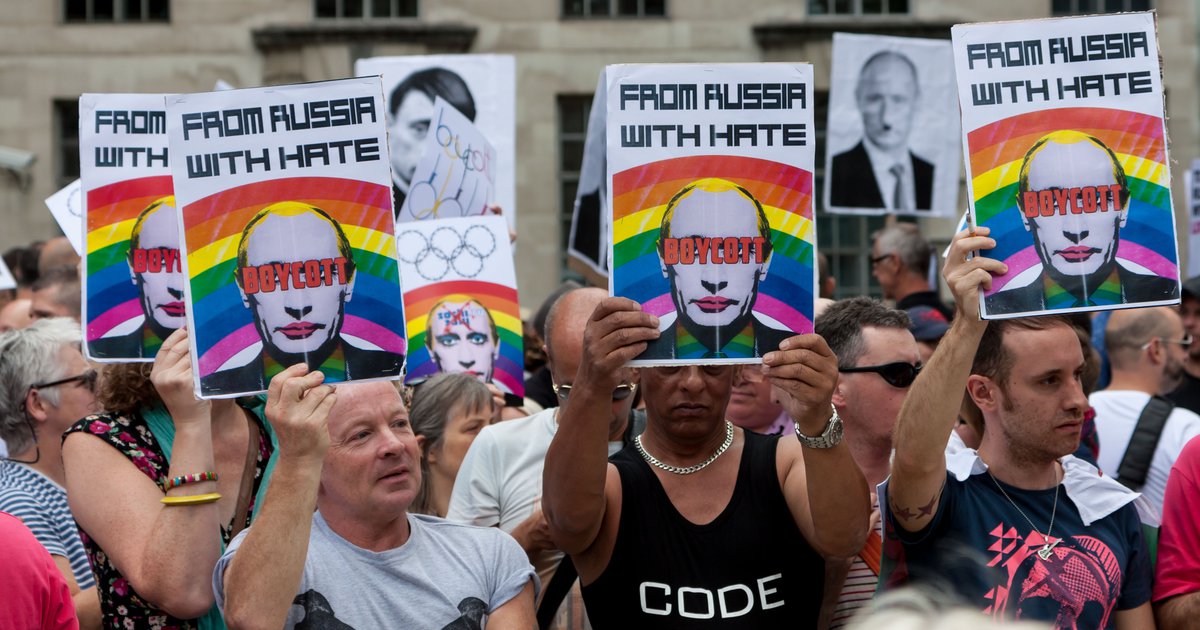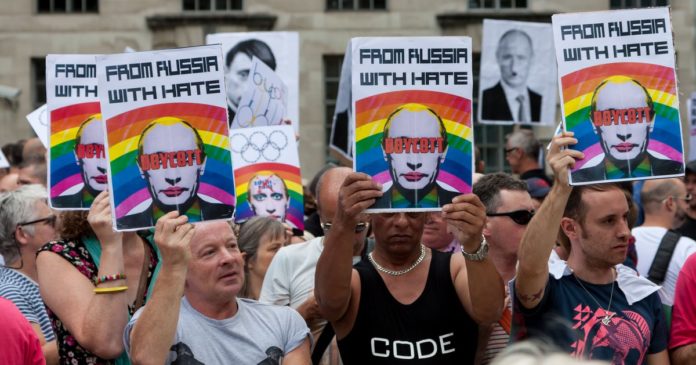
Rights advocates should focus more of their attention on private tech and internet companies that are enabling the censorship of LGBTIQ people and communities.
This is one of the conclusions of a new report entitled No Access, released this week by the global LGBTIQ rights group OutRight Action International. It focuses on six countries: Indonesia, Iran, Malaysia, Russia, Saudi Arabia and the United Arab Emirates.
These countries have “some of the most challenging digital environments for LGBTIQ people in the world”, according to the study, which among other things documents how state authorities have blocked access to international and local LGBTIQ websites.
While some LGBTIQ people have as a result become more reliant on social media platforms such as Facebook and TikTok, the report says that threats and attacks have occurred in these spaces as well, including ‘entrapment’ by law enforcement.
Petition: Make sure you’re not funding anti-gay ‘conversion therapy’
After a six-month openDemocracy investigation, major aid donors and NGOs have said they will investigate anti-LGBT ‘conversion therapy’ at health facilities run by groups they fund.
But unlike the other aid donors, US aid agency PEPFAR has not responded at all.
Please sign this petition to show that it must take action now.
Homosexuality is illegal in all of the study’s countries apart from Russia – though there, as in the other countries investigated, conservative legislation has been used to curtail LGBTIQ rights offline and online. Examples include bans against so-called ‘gay propaganda’, pornography and cross-dressing.
“Censorship challenges people’s ability to find resources – to connect and be connected, and to ask for help,” says Khalid Abdel-Hadi, from the pan-Arab LGBTIQ online magazine My.Kali (and one of more than a dozen experts interviewed for the report). “It also sends a message from the government that [being LGBTIQ] is still taboo, it is still wrong.”
Among the other experts quoted in the report is a digital protection specialist in the Middle East and North Africa (MENA) region, who said: “It is not easy to communicate – to find each other, to work together, to coordinate. And all of this is because of censorship.”








